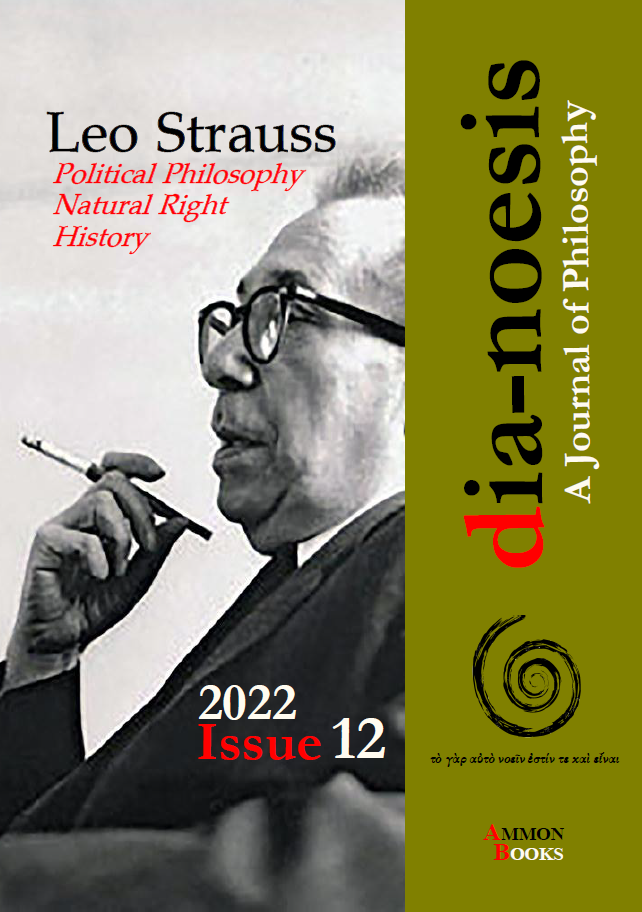Law’s diversity: A reading of the Platonic Minos

Abstract
Should the question of what is law be the central preoccupation of legal theory? Is this question inherently normative or could it be adequately answered by a purely descriptive or positive account?[1] Does the question itself wrongly suppose that there is an ultimate unity in law or legality that permits the elaboration of a “concept of law”? In the short Platonic dialogue the Minos, Socrates asks an unnamed comrade, “what is law for us?” Throughout the work Plato puts in question whether an essentialist account of law is reasonable at all, with Socrates and the companion exploring various constructions of law as unitary, universal, and unchangeable. In the argument, all of these are forced to yield to the reality of law’s diversity. This diversity, though, does not prevent a rational account of law’s functions of social order and control, nor exclude that there could be expert knowledge of law oriented to such ends. Yet this knowledge is never absolute or fixed, and always subject to question and modification based on experience of law over time. Hence law can only “wish” to be the discovery of what is. Ultimately law’s diversity does not do justice to human diversity. Law, in responding to collective needs, inevitably clashes with differences among humans to some extent, and even where protecting physical collective existence is unable to minister to the individuality and difference among human souls.
Article Details
- How to Cite
-
Howse, R. (2024). Law’s diversity:: A reading of the Platonic Minos. Dia-Noesis: A Journal of Philosophy, 12, 163–188. https://doi.org/10.12681/dia.37813
- Section
- Articles


